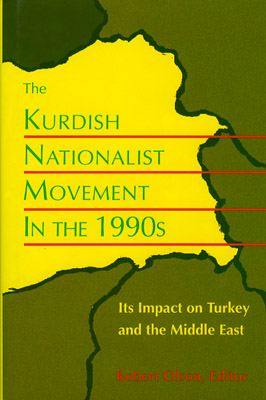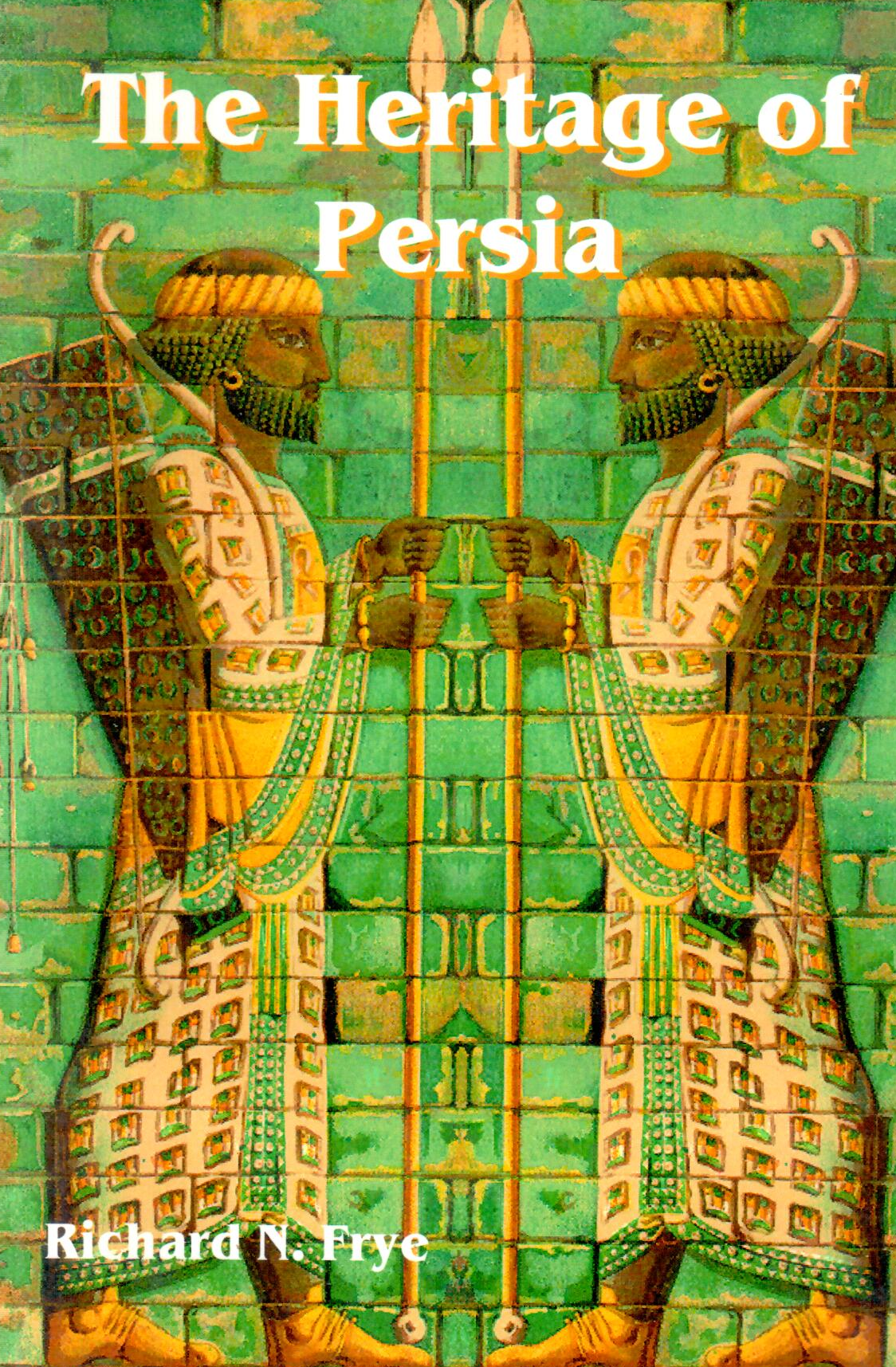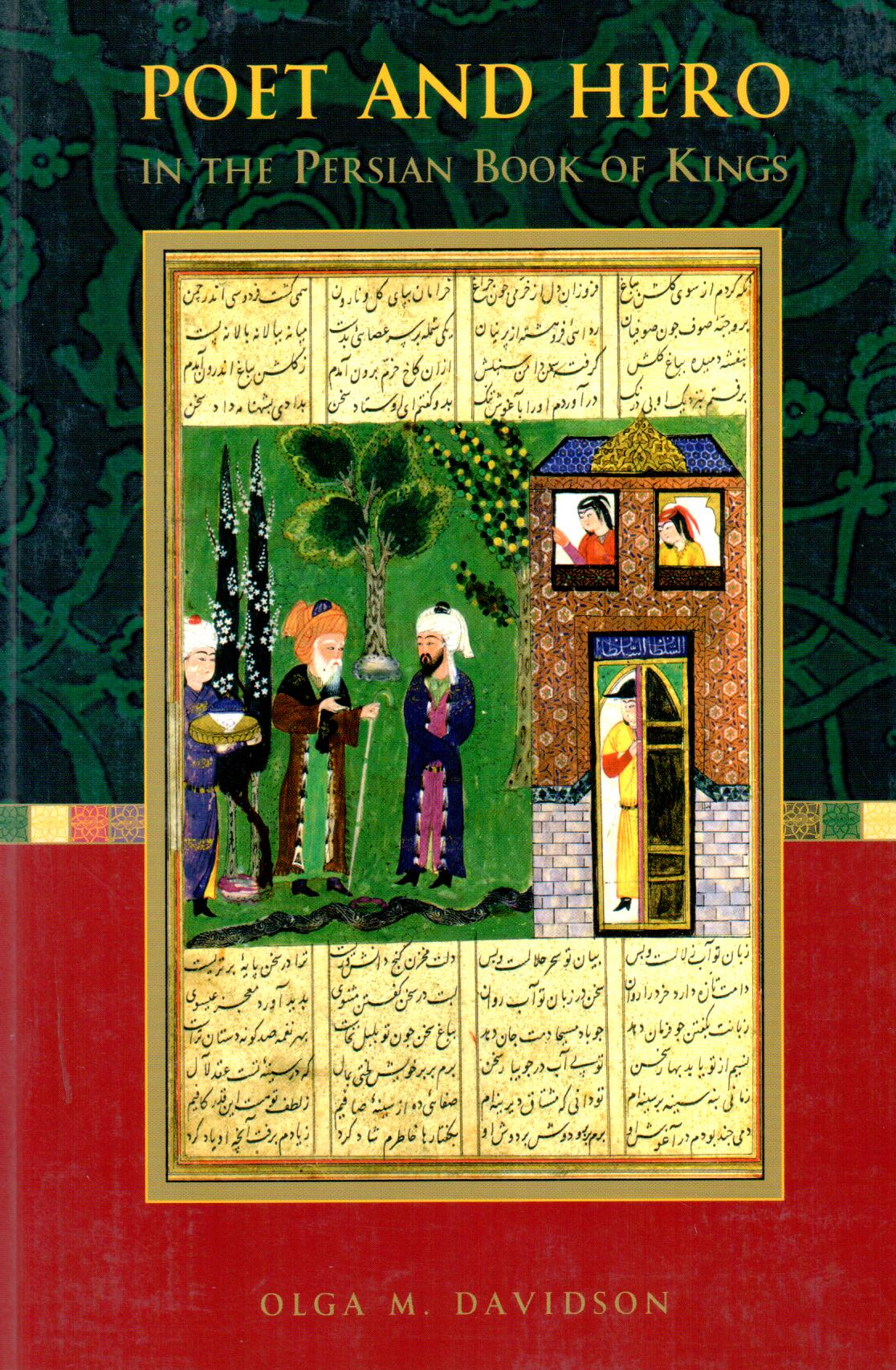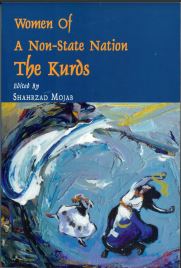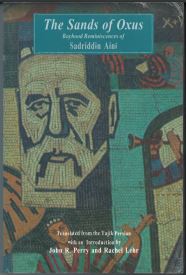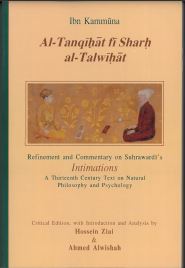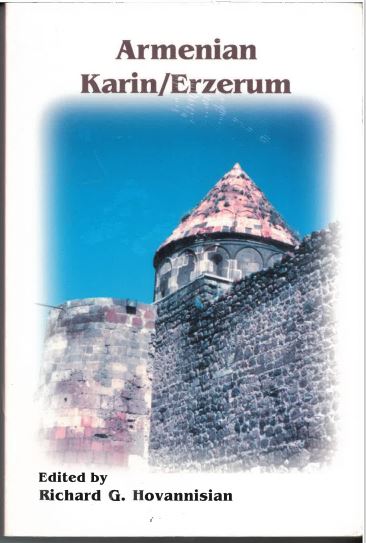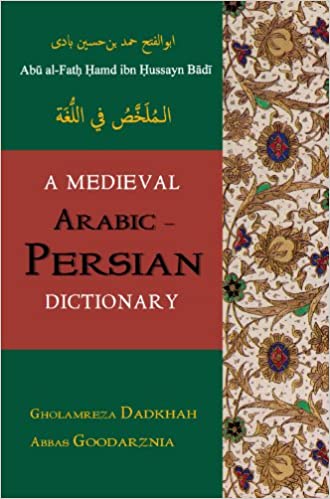Kurdish Nationalist Movement in the 1990s: English 2015
Kurdish Nationalist Movement in the 1990s
33.73 $
Share
Wishlist
ISBN:
9781568592565
Publisher:
Mazda Publishers
Age Group:
Adult
Pages:
208
Weight:
380 g
Dimensions:
15 x 23 x 1.46 cm
Book Cover:
Paperback
The Kurds are the fourth largely ethnic group in the Middle East, numbering between 32-35 million. The vast majority of them live in contiguous regions of Turkey, Iraq, Iran and Syria, yet they do not have a country of their own. Formal attempts to establish such a state, or states, were crushed by the larger and more powerful countries in the region both after World War I and World War II. But the Iran-Iraq war (1980-1988), the collapse of the Soviet Union ( 1991), the end of the cold war and the U.S. invasion of Iraq in 1991 and 2003 have resulted in reinvigorating Kurdish nationalist movements across the Middle East.
These movements are now exploding power kegs. With the majority of Kurds living within its borders, no country faces this threat more squarely than Turkey. Turkey’s concept of a unified, cohesive state—in which the existence of ethnic minorities are only grudgingly acknowledged—creates tensions that makes it difficult to negotiate a peace process that is mutually agreed upon, such as occurred among the Kurds and Arabs in Iraq.
more
The Kurds are the fourth largely ethnic group in the Middle East, numbering between 32-35 million. The vast majority of them live in contiguous regions of Turkey, Iraq, Iran and Syria, yet they do not have a country of their own. Formal attempts to establish such a state, or states, were crushed by the larger and more powerful countries in the region both after World War I and World War II. But the Iran-Iraq war (1980-1988), the collapse of the Soviet Union ( 1991), the end of the cold war and the U.S. invasion of Iraq in 1991 and 2003 have resulted in reinvigorating Kurdish nationalist movements across the Middle East.
These movements are now exploding power kegs. With the majority of Kurds living within its borders, no country faces this threat more squarely than Turkey. Turkey’s concept of a unified, cohesive state—in which the existence of ethnic minorities are only grudgingly acknowledged—creates tensions that makes it difficult to negotiate a peace process that is mutually agreed upon, such as occurred among the Kurds and Arabs in Iraq.
more

